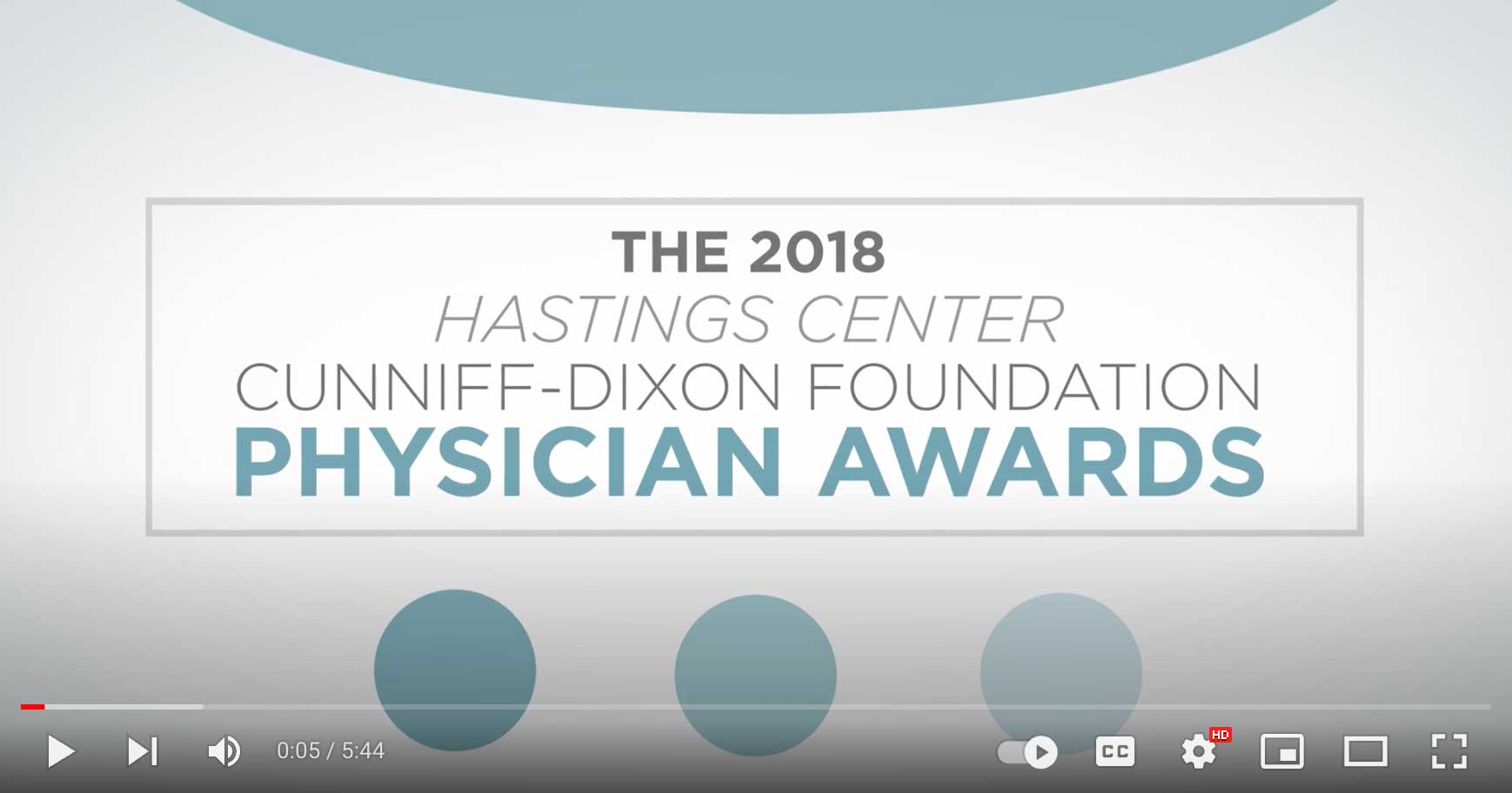Influencer Interview with Dr. Lynn Hallarman
In 2007, a year after Palliative Medicine became an approved medical subspecialty, you started an award-winning palliative care program at Stony Brook University Hospital. Can you walk us through that experience as an innovator? During the first six months of starting Stony Brook's first palliative care consultation service, I sometimes had to spell the word
‘It’s About Living Better’” Repositioning Palliative Care in Hematologic Cancer
The role of palliative care is widely misperceived as a strategy reserved for patients with limited options in advanced stages of disease. This misperception has been standing in the way of broader application of treatments that can improve quality of life (QOL) of patients with serious disease even when the prognosis is good, according to
In Palliative Care, Comfort Is the Top Priority
Last year, when an oncologist advised that Betty Chin might benefit frompalliative care, her son Kevin balked. Mrs. Chin, a retired nurse’s aide who lives in Manhattan’s Chinatown, was undergoing treatment for a recurrence of colorectal cancer. Her family understood that radiation and chemotherapy wouldn’t cure her, but they hoped doctors could keep the cancer
End-Of-Life Care For Cancer Patients Can Help Bring More Value To Life
Today, on World Cancer Day, the goal is to raise awareness of the disease in order to hopefully prevent as many cases as possible in the future. But the reality is, cancer continues to pervade people's lives, with statistics puttingcancer deaths at 8.2 million people per year around the world — four million of which
A New Vision for Dreams of the Dying
One evening in the late fall, Lucien Majors, 84, sat at his kitchen table, his wife Jan by his side, as he described a recent dream. Mr. Majors had end-stage bladder cancer and was in renal failure. As he spoke with a doctor from Hospice Buffalo , he was alert but faltering. In the dream,
When Your Loved One Is Ready for Hospice Care – and You Aren’t
Many painful emotional issues face family members and friends when a loved one becomes terminally ill. These include communicating the diagnosis to others; overcoming denial that the person is, in fact, near death; feeling the need to "be strong" and hide their sadness for the benefit of the patient and others; dealing with anticipatory grief;
How to Talk to Your Children about End-of-Life Care
This period of time can be uncomfortable for all – which is why many families choose not to have the “tough conversation” about what the next steps are for a parent’s care. But, now is the time to talk to your children about end-of-life care. Learn more about how to get your children involved in
ED-Initiated Palliative Care Can Improve Quality of Life
Despite the fact that visits to the emergency department (ED) are common for patients with advanced cancer, delivery of palliative care is not standard within most EDs. A new study published in JAMA Oncology, suggests that ED-initiated palliative care consultation improved quality of life (QOL) for patients with advanced cancer and does not appear to
Hospice Care, Rather Than Aggressive Treatment, Found Better for End-of-Life
Families may be more satisfied with end-of-life care for loved ones dying of cancer when treatment is focused on comfort rather than aggressive treatment and provided outside of a hospital, a U.S. study suggests. When patients received at least three days of hospice care focused on comfort and quality of life, 59 percent of their


